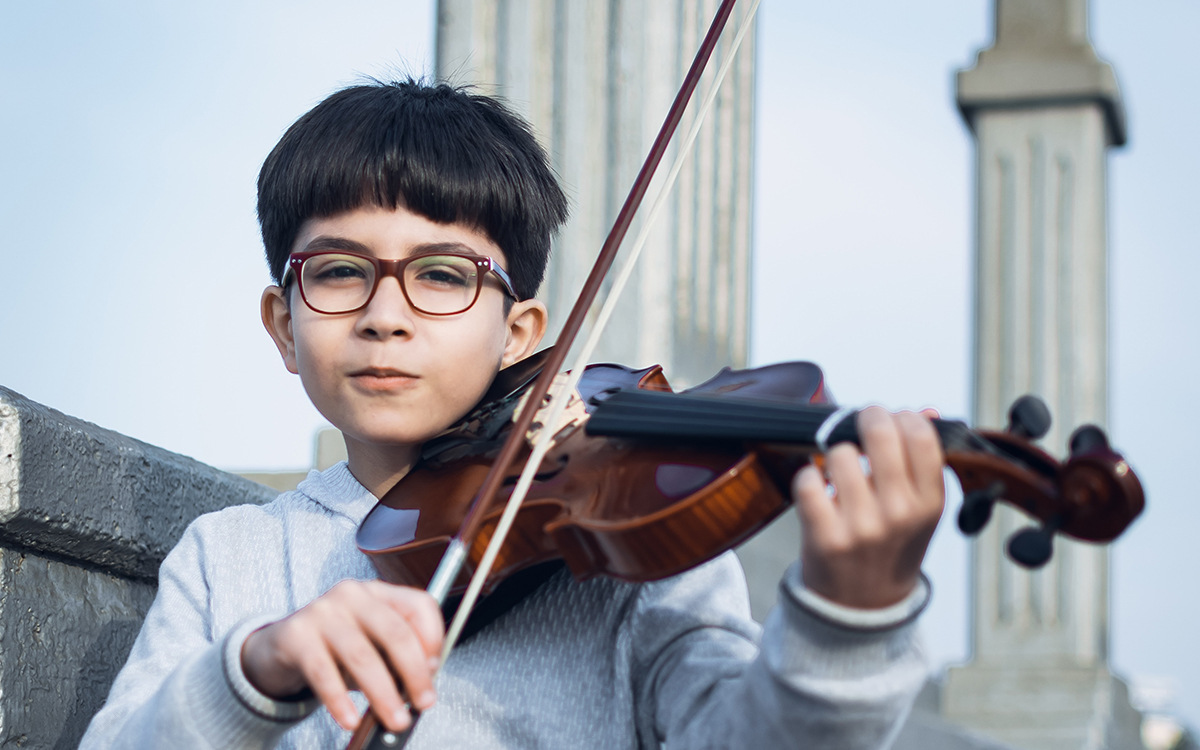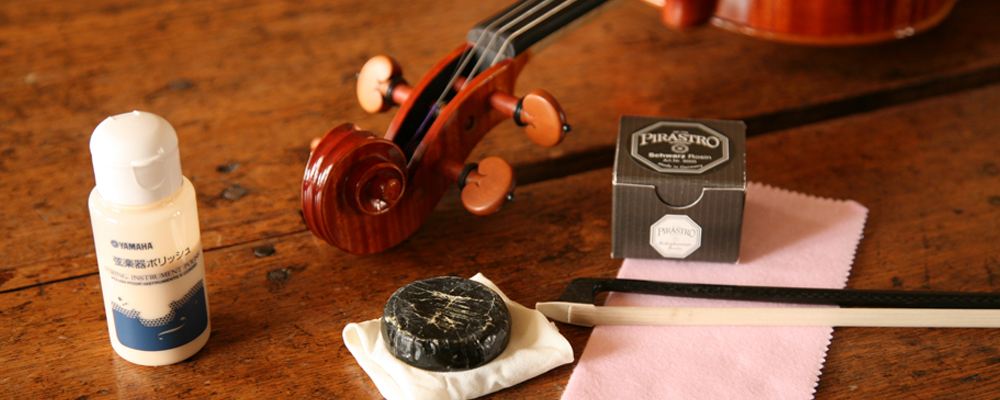How to Give Effective Viola Lessons
If you are a viola teacher or planning to become one, you obviously know what preparations you need to make and what knowledge you have to gain in order to become a good viola teacher. But apart from things such as learning how to perform perfectly, understanding the music, and getting certifications to prove your abilities, you need to also ensure that the student is actually benefitting from your expertise and knowledge. Without the soft skills to complement all your knowledge, no one can become a good teacher. Before proceeding, you might also want to read http://singaporeviolinlessons.com/blog/qualities-of-good-viola-teachers/.
Have an open mind
Always keep in mind that students have different reasons for learning the viola, and not all of them have similar goals. Some of them might want to learn for an exam and pursue a career in music, while others just want to learn to play by the ear or to satisfy their passion. Some students just pick it up as a hobby and don’t want to spend all their free time practicing, as one might expect a student with a definite goal in mind to do. Never, ever, thrust your own goals on your students or try to tell them what their goals ought to be. Instead, find out what their goals are and try to help them reach these goals.
Involve your student in the learning process
Whether you are giving private viola lessons or teaching students in a group, you must remember to involve the students in the learning process. Have an ongoing dialogue with your students about what kind of music they are interested in, how much time they are willing to devote to practicing, how they will proceed further, and which areas they are having difficulty in. By encouraging students to voice their opinions and problems, you will be able to understand their needs better. Most important is to react positively when your student offers you information, such as giving extra lessons on a particular technique that he or she finds difficult to master.
Give regular feedbacks
One of the main roles of the teacher apart from actually teaching is to give regular feedbacks on the progress the students are making. This is part of their musical education and helps immensely with their development as a viola player. Your feedback must be very specific so that the student understands that you are giving feedback on a particular aspect. Try to balance out your criticisms by giving positive feedback whenever you can, and by encouraging your student to improve. It is vital that any negative feedback should be non-confrontational and given respectfully, otherwise, it can destroy the student – teacher relationship.
You are a student too
Even though you might have mastered the technique perfectly, you still are a student because like much of art and science, musical learning is an ongoing process. No one can stand and say that they are now perfect. Of course, you might not be going for viola lessons yourself, but as long as you try to learn more and keep improving, you are still a student. Remember that no matter how much you know, there is more to learn. Sharing this with your students will help them understand that learning the viola is an ongoing journey and there are many paths they can take.
By making the learning experience enjoyable for yourself and your students, you both will benefit immeasurably. To know more, check out www.singaporeviolinlessons.com, a veritable source for viola and violin resources.
Find Your Perfect Music Teacher with Absolutely In-Tuned Music Agency!
Unlock the joy of music with our personalised teacher-student pairing service.
Whether you’re a beginner, rekindling a love for music, or preparing for exams, we connect you with skilled & experienced educators who tailor lessons to your needs.
Discover the benefits of learning an instrument:
Reduce stress
Boost brainpower
Build confidence
Ignite creativity
Explore our wide range of lessons:
- Drum, Guitar/Ukelele, and Piano Lessons
- Singing and Cello Classes
- Flute, Saxophone, Violin, and Viola Training
👉 Click here to find out more and begin your musical journey today!
Register Now


